As a chess grandmaster, a big part of your income comes from winning prize money at major chess tournaments.
The largest chess tournaments offer seven-figure prize funds, with the winner taking home a sizable chunk of the pot.
For example, the World Chess Championship has a prize fund of over $2 million, with the winner receiving 60% of that, or well over $1 million.
Other top tournaments like the Sinquefield Cup, London Chess Classic, and Grand Chess Tour events have prize funds ranging from $300,000 up to $1 million or more.
If you make it to the final rounds of these prestigious tourneys, you stand to win tens of thousands of dollars in prize money at a minimum.
Of course, the more tournaments you play in and the higher you place, the more you can earn. Some of the world’s top grandmasters compete in 10 or more major events each year.
If they consistently place well and win some of those tournaments, they can easily make $500,000-$1 million or even more annually from prize winnings alone.
While the prize money may seem lavish, being a chess grandmaster is not an easy career path and the vast majority do not earn anywhere close to this amount.
For most, the average per year comes down $15k – $30k which is no where near what top chess players make.
However, there’re a lot of other ways grandmasters can earn that doesn’t involve prize winnings.
Sponsorships and Endorsements
As a chess grandmaster, sponsorships and endorsements can be a major source of income outside of tournament winnings.
Sponsorship deals typically involve promoting a company’s products or brand during tournaments or other media appearances. The top GMs can command six-figure sponsorship deals from major companies.
For example, Magnus Carlsen has had sponsorships with Simonsen Vogt Wiig law firm, clothing company G-Star Raw, and more. Hikaru Nakamura is sponsored by energy drink company Red Bull and online chess platform Chess.com.
Some GMs start their own chess academies or online chess courses which provide another sponsorship opportunity. Companies that sell chess equipment, software, or services are especially keen to sponsor these players.
Teaching and Coaching Income
Many grandmasters teach chess at local schools, community centers, and chess clubs. Giving group lessons or teaching a weekly class is an easy way to generate extra money from your expertise.
The typical pay for a chess instructor is $20 to $50 per hour.
Some grandmasters charge $100 or more for private lessons. They are involved in helping amateur players improve by analyzing their games, teaching advanced strategies and openings, and providing personalized guidance.
Some grandmasters coach students remotely via phone or video chat. They usually advertise their coaching services on their websites, at local chess clubs, and on chess websites and forums.
Here are some more resources to learn how chess players can earn comfortably from chess:
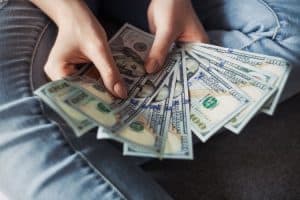
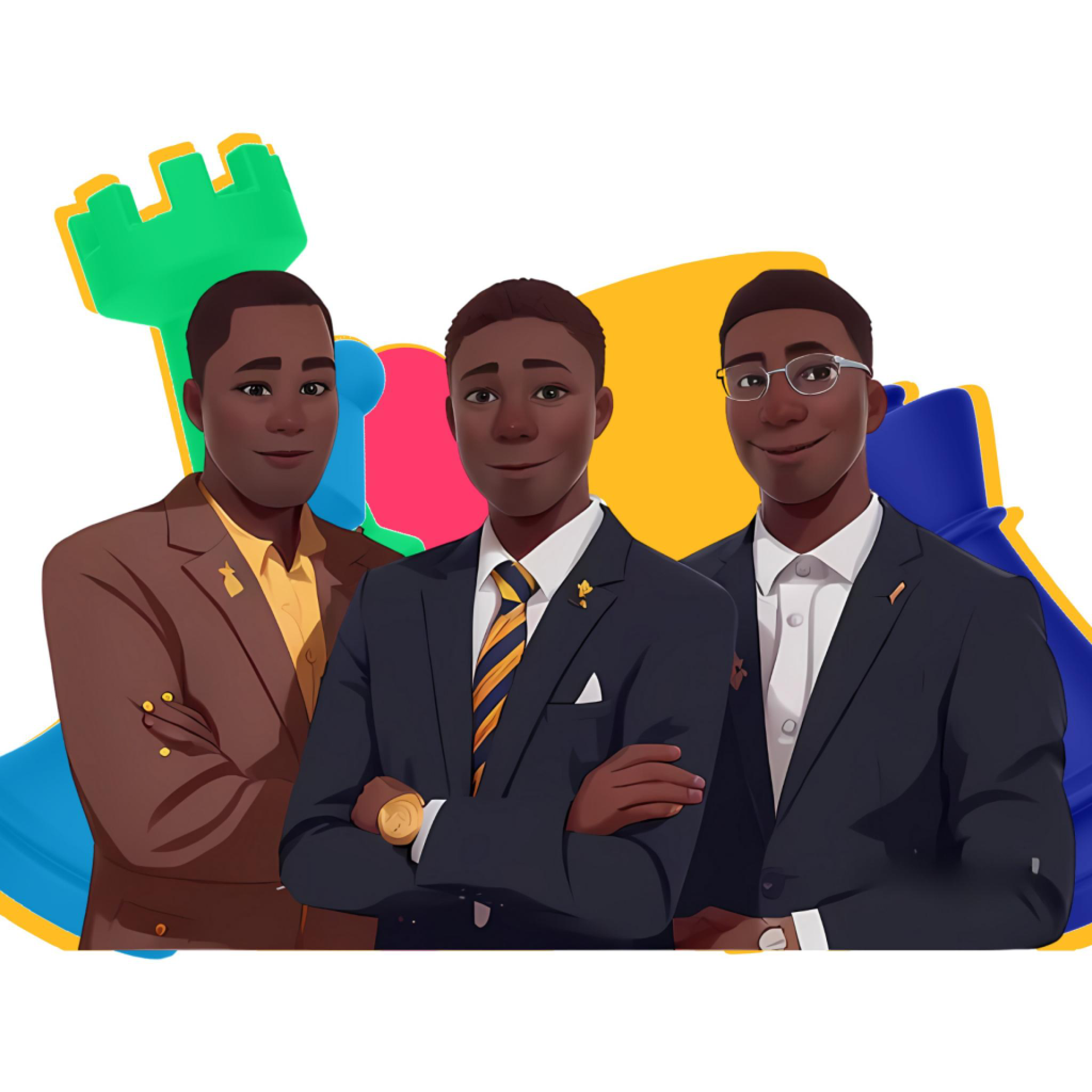


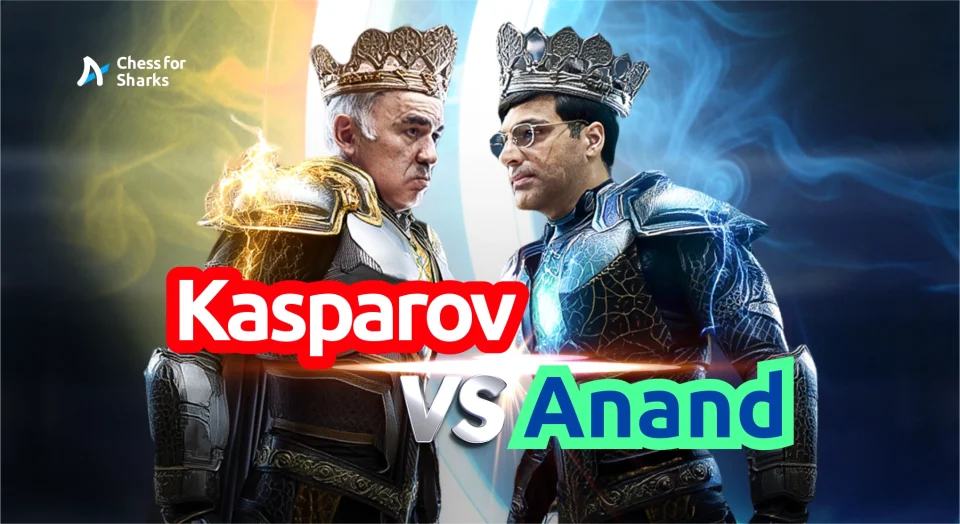
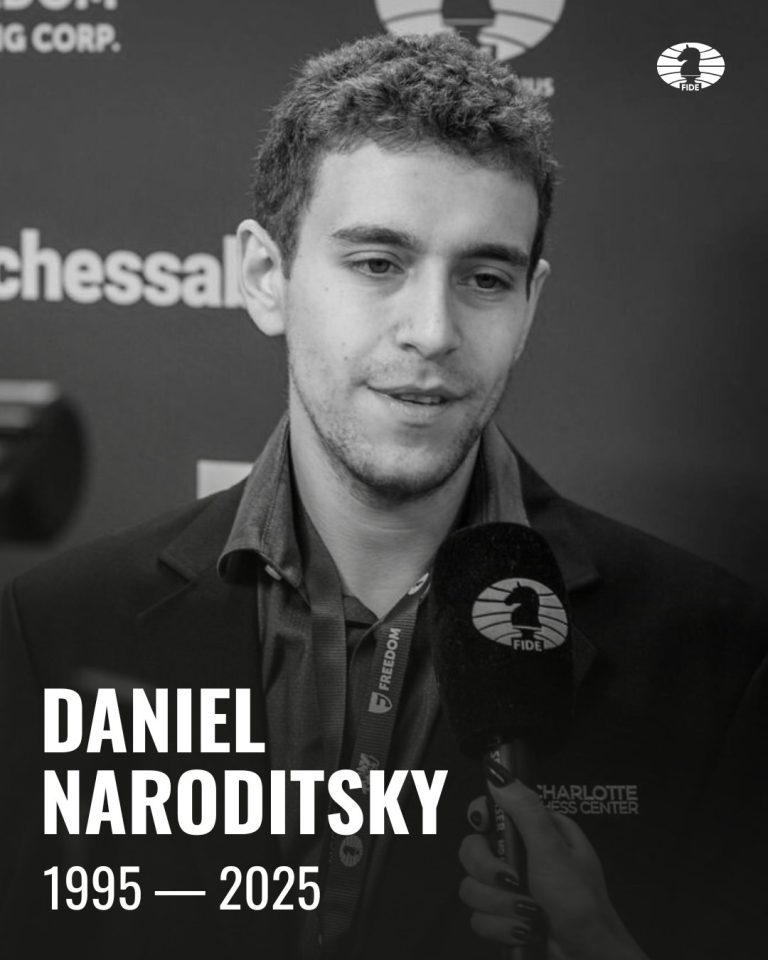
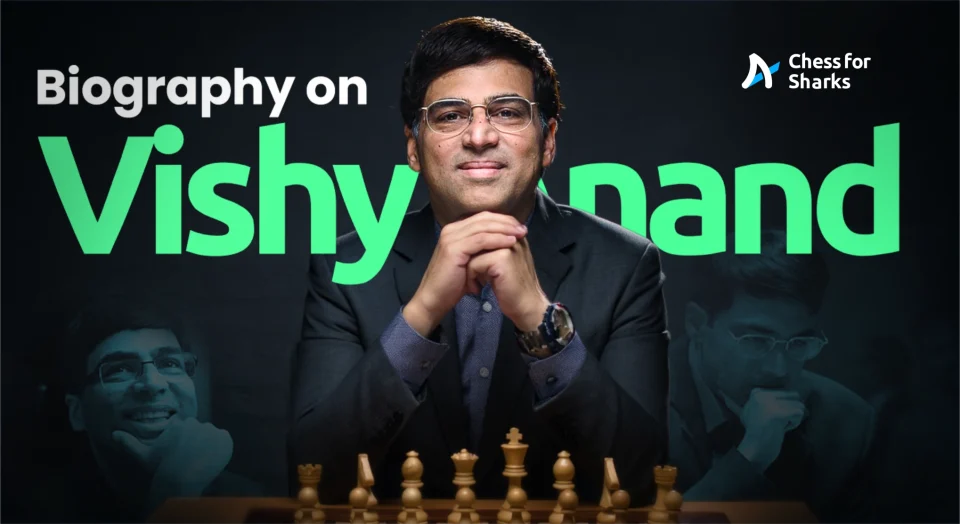
join the conversation